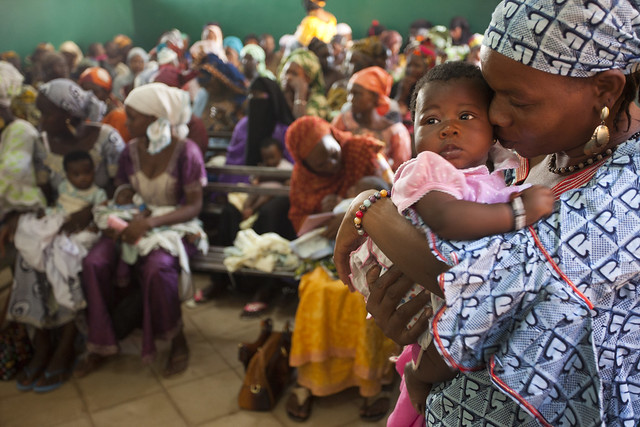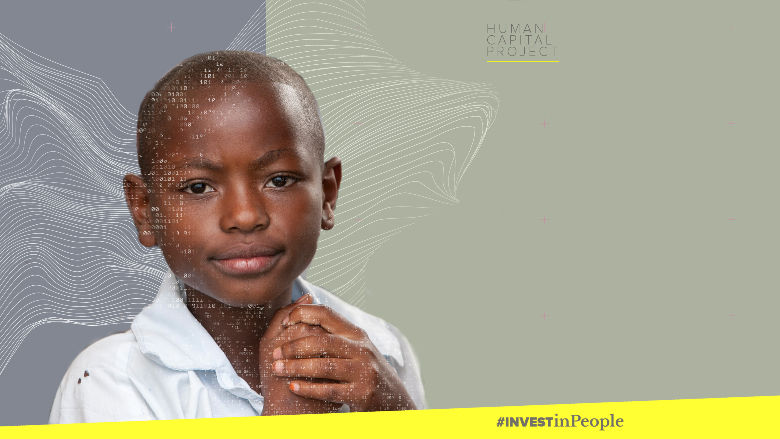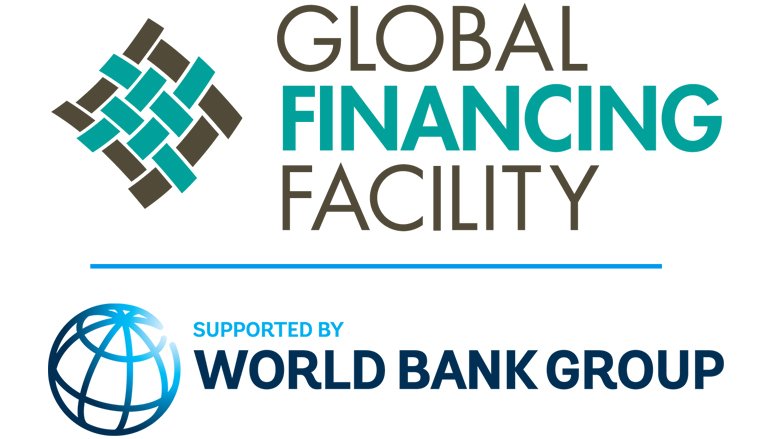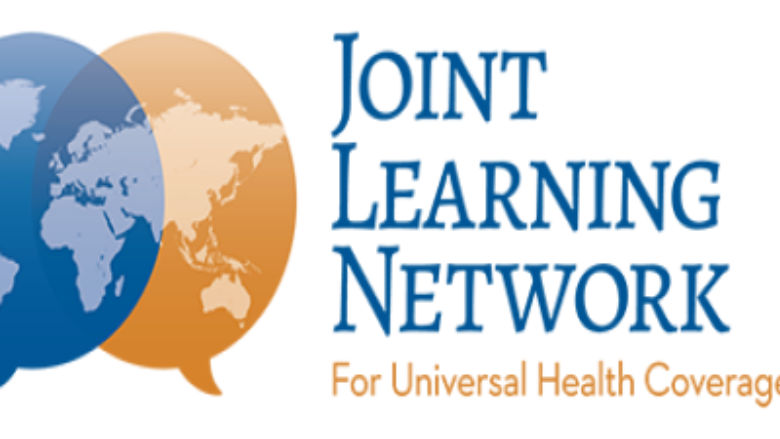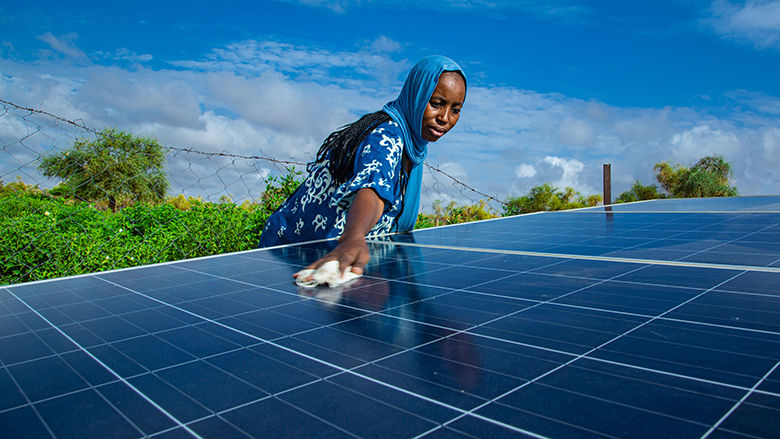新澳彩开奖 is committed to helping developing countries achieve Universal Health Coverage (UHC) through stronger, more resilient health systems and providing quality, affordable health services to everyone – especially the most vulnerable. But progress towards achieving UHC remain far off track.
The latest 新澳彩开奖/World Health Organization research revealed an alarming stagnation in the progress towards providing people everywhere with quality, affordable, and accessible healthcare. More than half of the world’s population is still not covered by essential health services and 2 billion people face severe financial hardship when paying out-of-pocket for the services and products they needed.
Despite compelling evidence that investing in health is critical for productivity and inclusive growth, government health spending has dropped since the end of the COVID pandemic.
Our $36 billion global health portfolio includes over 210 projects that help countries take a comprehensive approach to improving health outcomes, especially for poor and vulnerable people, by strengthening primary care and key public health functions. |
Ensuring that every woman and child has access to health care is also fundamental to ending poverty, building robust economies, and achieving UHC.
The , a multi-stakeholder partnership hosted at the 新澳彩开奖 has been supporting countries with the world’s highest maternal and child mortality burden and financial needs. Since the GFF was founded in 2015, partner countries have made significant progress to improve maternal and child health.
Climate change, pandemics, demographic changes and a dramatic around the world put pressure on health systems and exacerbate negative health trends. The risks are much higher for the most vulnerable people.
Compounding these challenges is the of populations worldwide, fueling a surge of non-communicable diseases (NCDs) and health care costs around the world.
, with most of these deaths occurring in low- and middle-income countries. Despite advances in reducing communicable diseases, rates remain high in many parts of the world for malnutrition, unmet need for sexual and reproductive health services, and maternal mortality.
Supporting strong resilient health systems
Health systems in many countries are confronting challenges caused by the pandemic, climate change, aging populations, and a growing burden of lifestyle diseases.
More than ever, pandemic preparedness and disease surveillance anchored in strong and resilient health systems that reach everyone—especially the most vulnerable—are crucial to ensure better protection from major disease outbreaks.
A recent 新澳彩开奖 report charts an agenda toward reimagined, fit-for-purpose primary health care. It reflects a renewed understanding of global and local vulnerabilities and opportunities in the post-COVID world. Another report Change Cannot Wait: Building Resilient Health Systems in the Shadow of COVID-19 builds on this analysis and presents a new framework for making health systems resilient and where countries and partners can best target investments to improve health outcomes.
Last Updated: Apr 04, 2024





